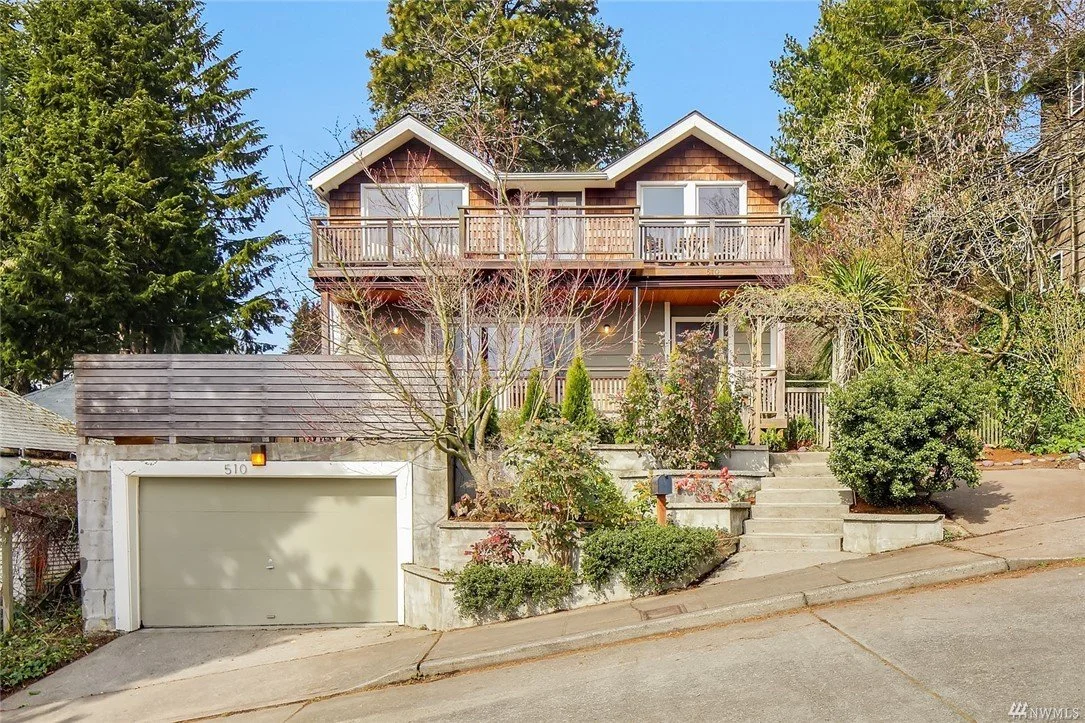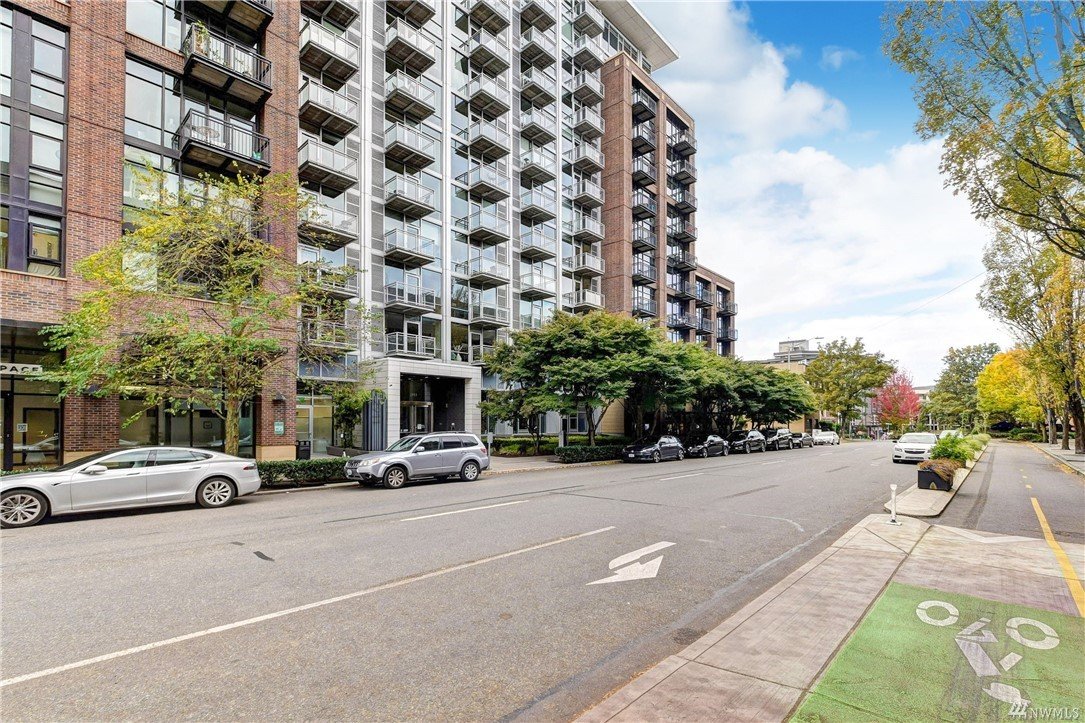Capital Gains Tax Exemption on Home Sales: Unraveling the $250,000 and $500,000 Rule
Disclaimer: Tax regulations and policies are ever-changing and can be intricate. Always consult with a tax professional for the most accurate and up-to-date information. This article is a general overview and should not replace expert advice tailored to your specific circumstances.
When selling your home, the potential capital gains tax can be a significant concern. The IRS, however, provides homeowners with a substantial break, which can be especially helpful for those who have seen a sizable appreciation in their property's value.
1. The Basics of Capital Gains Tax
Capital gains represent the profit you earn when you sell a property for more than you purchased it. So, if you bought a home for $300,000 and sold it for $600,000, your capital gain would be $300,000.
2. The $250,000 and $500,000 Home Sale Exemption
The IRS allows homeowners to exclude a significant portion of their capital gains from taxes when they sell their primary residence:
Single Filers: If you're a single homeowner, you can exclude up to $250,000 of your capital gains from taxes. This means that if your profit is $250,000 or less, you won't owe any capital gains tax.
Married Couples Filing Jointly: Married couples can exclude up to $500,000 of their capital gains when selling their primary residence. Thus, if a married couple's profit from the sale is $500,000 or less, they won't be subjected to capital gains tax on that amount.
3. Breaking Down the Implication
For example:
Single Filers: Suppose you, as a single homeowner, sold your primary residence and made a profit of $280,000. Thanks to the exemption, you can exclude the first $250,000. This means you'd only owe capital gains tax on the remaining $30,000 of profit.
Married Couples: If a married couple sells their jointly-owned primary residence and realizes a profit of $550,000, they can exclude the first $500,000. So they'd only owe capital gains tax on the additional $50,000.
4. Meeting the Residency Requirement
To qualify for this generous tax break:
You must have owned the home.
It should be your primary residence.
Crucially, you need to have lived in the property as your primary residence for at least 2 out of the last 5 years before selling.
For clarity: Suppose you bought a home in January 2017 and lived in it continuously until January 2019. From February 2019 to December 2021, you rented it out to tenants. If you decide to sell the property in January 2022, you would still qualify for the exemption because you lived in the house for 2 of the last 5 years, even though you rented it out afterward.
5. Potential Exceptions
While the 2-out-of-5-year rule is the standard, there are specific exceptions, especially for unforeseen circumstances, like health issues or job relocations.
Conclusion
The U.S. tax code offers homeowners a considerable advantage when it comes to the capital gains tax exemption on home sales. Understanding the nuances and practical applications of this rule can save a significant amount when selling your primary residence. However, due to the complexity and ever-changing nature of tax laws, always consult with a tax professional before making decisions based on this exemption.
Considering selling your home and capitalizing on these tax exemptions?
The intricacies of property sales and tax benefits can be daunting. Our seasoned team not only helps you navigate the home selling process but also connects you with trusted tax professionals to ensure you maximize your financial benefits. Before making your next move, reach out to us. Let's make your home sale both profitable and tax-efficient.
HOW MUCH YOUR HOME IS WORTH IN TODAY’S MARKET?


















































